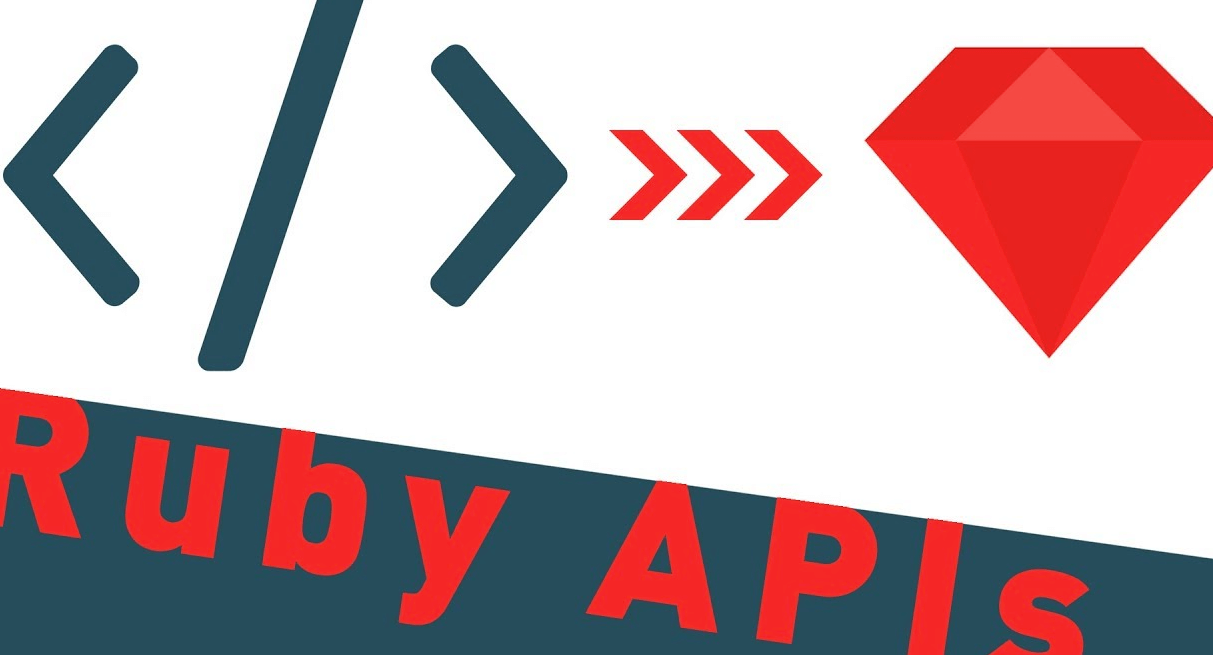Watir know as Web Application Testing tool in Ruby used for automating tests for web applications. If you want to run basic API request using Ruby or Watir, you will need to use an additional libraries such as HTTParty or RestClient, since Watir is primarily designed for web browser automation. REST API in Ruby is not so complex we can easily learn this in few minutes, so now lets start our main course.
Here’s a general guideline on how to run basic API request using Ruby language
To Run Basic API Request Using Watir / Ruby, Start by installing the necessary gems for both Watir and required other libraries. You can also use bundler to manage your gem dependencies.
Installing Required Ruby Gems
First Install following gems using Terminal or command line
gem install watir
gem install httparty # or gem install rest-client
Import Libraries
Before Writing any script, you need to import require libraries you’ll be using
require 'watir'
require 'httparty' # or require 'rest-client'
Initialise Watir
Setup Watir to interact with browser.
browser = Watir::Browser.new(:chrome) # Or :firefox, :safari, etc.
Make API Calls
You can use chosen library (RestClient or HTTParty) to make API calls. Let’s see simple example to understand it.
Call API with HTTParty
response = HTTParty.get('https://api.example.com/testdata')
puts response.code # HTTP status code
puts response.body # Response body
And here’s an example of RestClient
response = RestClient.get('https://api.example.com/testdata')
puts response.code # HTTP status code
puts response.body # Response body
Clean Up
After making API calls successfully, don’t forgot to close the browser if you no longer need it.
browser.close
Now lets see some proper example to manage all these professionally in OOP approach (POST Request using Ruby)
Create common utils for post request (You can create separate ruby file for this) : Here you can modify post body as per your requirements. This method will prevent you from writing same code multiple times.
def post_request(url, query_param = {}, headers = {}, body = {}, redirects = true)
log("API Request URL: #{url}")
response = HTTParty.post(url, query: query_param, headers: headers, body: body, follow_redirects: redirects)
log("Response: #{response}")
response
end
Create separate method in your test script file to manage your code. This will help you to write clean and manageable code.
def post_create_user(query_param = {})
api_url = "Your API Here"
response = post_request(api_url, query_param, nil, nil)
response
end
Now Create test method to utilise above logics and perform some assertions.
def check_create_user
test_data = {
table_name: 'users',
user_name: 'testautomationlabs',
password: 'iloveautomation',
user_role: 'admin',
user_bio: 'Hello World, This is my awesome bio'
}
response = post_create_user(test_data)
# Assert the status code
expected_status_code = 200
if response.code == expected_status_code
puts "API call successful: Status code is #{expected_status_code}"
else
puts "API call failed: Expected status code #{expected_status_code}, but got #{response.code}"
end
end



